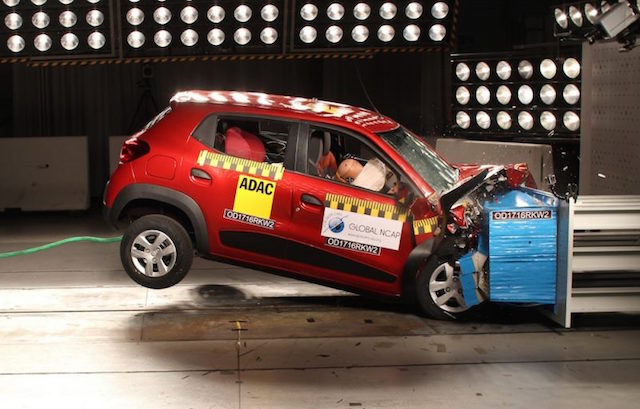
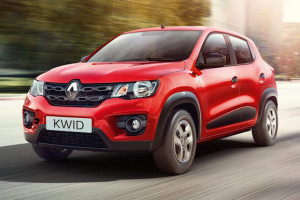
Safety pioneer Renault was singled out for criticism after crash tests on cars built largely for India alone show a shocking disparity between those made for more developed countries, like New Zealand. (See video below).
Small, entry-level cars from Renault, Hyundai, Mahindra, and Suzuki failed to earn a single star in the latest round of crash-safety tests. The cars start in price in India at upwards of NZ$5500.
British-based Global NCAP (New Car Assessment Programme) conducted a random test on the Renault Kwid, Hyundai Eon, Mahindra Scorpio, Maruti Suzuki Eeco, Maruti Suzuki Celerio (Maruti Suzuki is the Japanese company’s joint Indian operation).
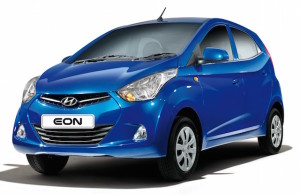
Crash tests were conducted at 64km/h, as in most NCAP tests. Most of the cars tested suffered badly with deformation to the bodyshell, with the structure completely collapsing in some cases.
Global NCAP believes that a crash in any of these vehicles is likely to result in life-changing injury. Its secretary-general David Ward said the results showed how important it was for cars to have a body shell that can remain stable in a crash.
“This is an absolutely crucial pre-requisite for occupant safety, together with fitment at least of front air bags,” he said.
“It is very surprising that a manufacturer like Renault introduced the Kwid initially lacking this essential feature. (Renault was the first carmaker in the world to get a five-star safety rating with its Laguna sedan in 2001).
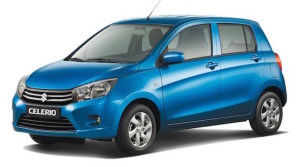
“Global NCAP strongly believes that no manufacturer anywhere in the world should be developing new models that are so clearly sub-standard.”
The results were especially shocking given that the cars tested are particularly popular in India, a country with the second highest road toll in the world.
World Health Organisation (WHO) figures show 238,000 people died on India’s roads in 2013. That’s more than 4500 people a week, or around 650 a day.
Most Indian carmakers, including Maruti Suzuki, Hyundai, Mahindra, and Tata Motors, do not offer life-saving airbags as standard, whereas Toyota and Volkswagen have switched to offering them on all models.
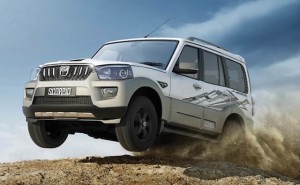
This is the second time in three years that the agency has conducted a random test on India-made cars. In 2014, the Suzuki Alto 800, Tata Nano, Ford Figo, Hyundai i10 and VW Polo showed similar results.
The tests come a year before new regulations under the Bharat New Vehicle Safety Assessment Programme (BNVSAP) come in force in October 2017.
BNVSAP (to be later renamed Bharat NCAP) could make it mandatory for vehicles to undergo frontal and side impact tests, besides having airbags as a standard offering.
Ward urged India’s carmakers to “not wait for legislation and act to eliminate all zero star cars from production as soon as possible”.
Renault said it remains committed to complying with the timelines set by the Indian government towards implementing the BNVSAP.
Maruti Suzuki said: “All our products are safe. They meet the safety standards of India and in most cases, exceed them. The tests by global NCAP are conducted at speeds that are higher than those prescribed by the regulatory authorities not only in India but in Europe and USA. The results of Global NCAP have to be seen in that perspective.”
Mahindra said: “The star rating in the latest crash test was conducted on non-airbags variant of the Scorpio. Typically, in any star rating process, non-airbag variants do not perform well on safety standards.
“Most variants of the Scorpio are equipped with airbags and a safety package. About 75 per cent of Scorpio customers choose the airbags variant of the vehicle.”
- China’s road toll in 2013 was the world’s worst, with 261,000 deaths. India and China are the only two countries with annual road deaths exceeding 100,000. India has a population of 1.31 billion; China’s is around 1.38 billion. The United Nations expects India to overtake China as the world’s most populous country by 2022. The NZ road toll in 2013 was 272; the US toll was 34,000. NZ has 4.5 million people; the US 320 million. India has 290 times NZ’s population and just over four times that of the US.
